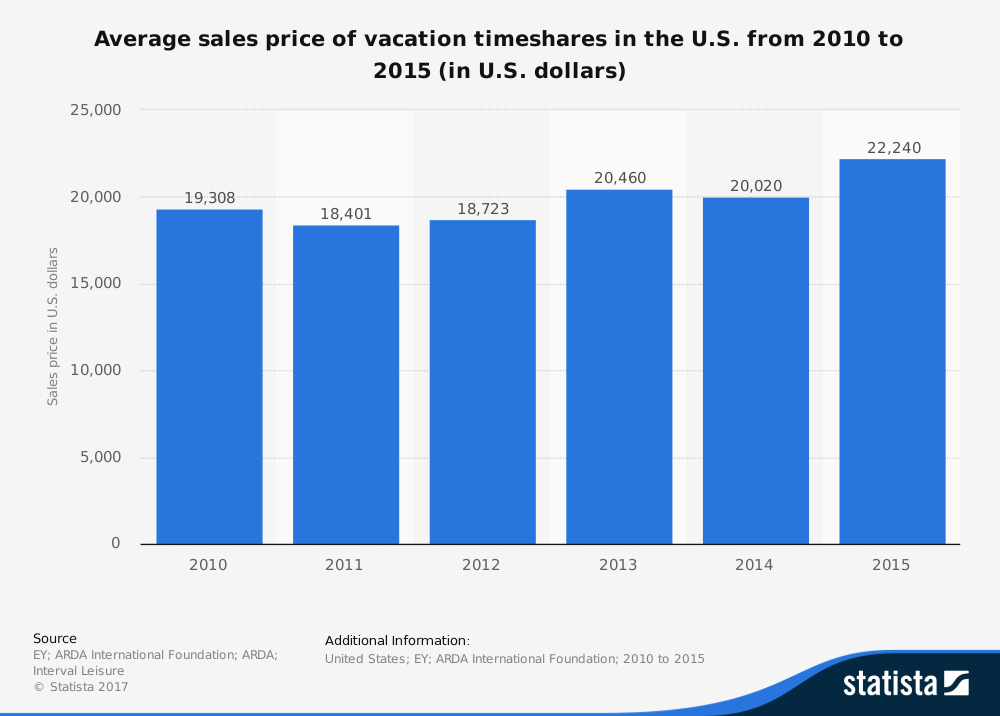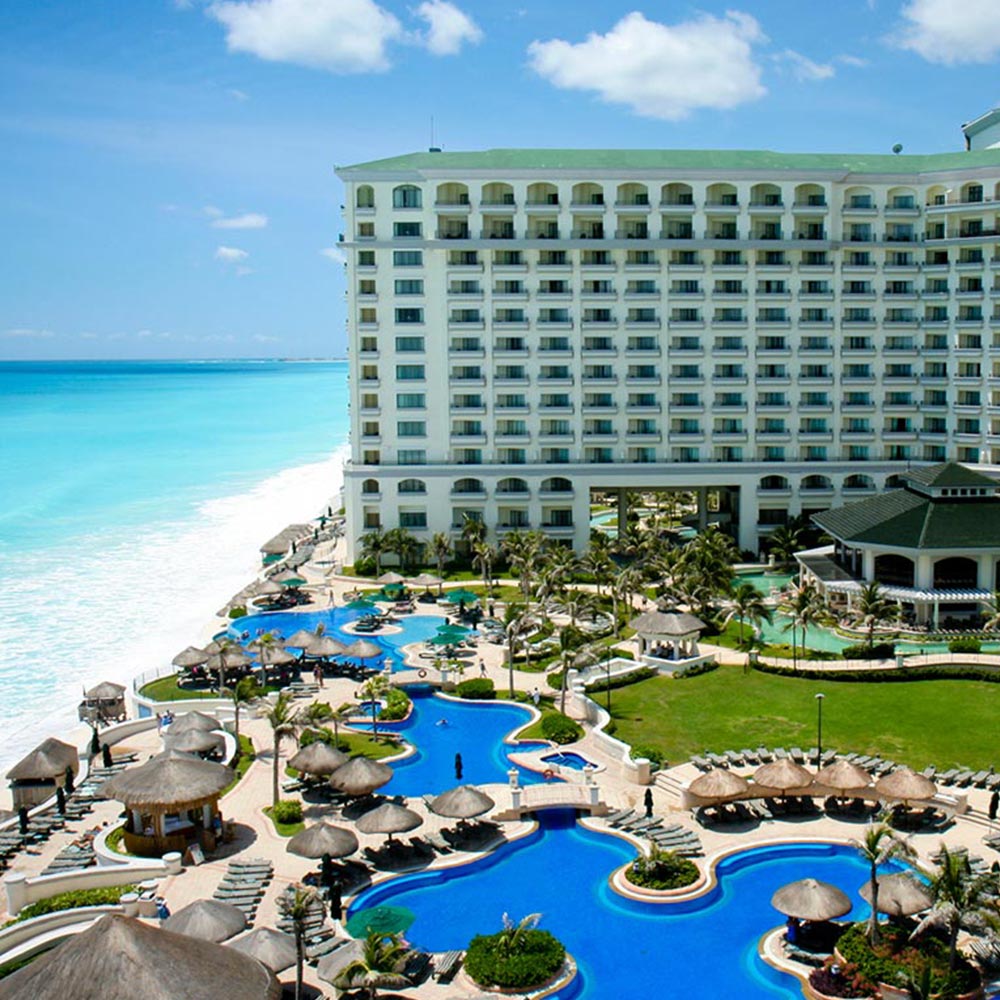Home with a particular form of ownership or use rights Barnsdale Hall Hotel (UK) timeshare lodges. On the premises of the Best Western Hotel are a variety of timber A-frame chalets. A timeshare (sometimes called vacation ownership) is a residential or commercial property with a divided type of ownership or usage rights. These homes are normally resort condo units, in which several celebrations hold rights to use the home, and each owner of the exact same lodging is allotted their time period. Systems might be offered as a partial ownership, lease, or "ideal to use", in which case the latter holds no claim to ownership of the home.
The term "timeshare" was coined in the United Kingdom in the early 1960s, broadening on a trip system that became popular after World War II. Villa sharing, also understood as vacation house sharing, involved four European households that would purchase a trip home jointly, each having special usage of the residential or commercial property for among the 4 seasons. They turned seasons each year, so each family delighted in the prime seasons equally. This idea was mainly utilized by associated households since joint ownership needs trust and no property manager was involved. what are the advantages of timeshare ownership. Nevertheless, couple of families holiday for a whole season at a time; so the getaway house sharing residential or commercial properties were often uninhabited for extended periods.

It took practically a years for timeshares in Europe to evolve into a smoothly run, successful, company venture. The very first timeshare in the United States was started in 1974 by Caribbean International Corporation (CIC), based in Fort Lauderdale, Florida. It provided what it called a 25-year trip license rather than ownership. The company owned two other resorts the trip license holder might alternate their getaway weeks with: one in St. Croix and one in St. Thomas; both in the U.S. Virgin Islands. The Virgin Islands residential or commercial properties started their timeshare sales in 1973. The agreement was easy and simple: The business, CIC, guaranteed to keep and provide the specified accommodation type (a studio, one bed room, or 2 bed room system) for usage by the "license owner" for a period of 25 years (from 1974 to 1999, for example) in the specified season and number of weeks concurred upon, with just 2 additional charges: a $15.
The agreement had a $25. 00 changing charge, ought to the licensee decide to use their time at one of the other resorts. The agreement was based upon the fact that the expense of the license, and the little per diem, compared with the predicted boost in the expense of hotel rates over 25 years to over $100. 00 per night, would conserve the license owner many trip dollars over the span of the license agreement. In between 1974 and 1999, in the United States, inflation improved the current expense of the daily to $52. 00, confirming Click for info the expense savings assumption. how to use my wyndham timeshare.
The only specification was that the $15. 00 daily needs to be paid every year whether the system was inhabited or not. what happens if i just stop paying my timeshare maintenance fees. This "must be paid annual cost" would become the roots of what is known today as "upkeep charges", when the Florida Department of Property became associated with regulating timeshares. The timeshare principle in the United States stood out of many business owners due to the huge profits to be made by selling the exact same space 52 times to 52 various owners at a typical price in 19741976 of $3,500. 00 weekly. Soon afterwards, the Florida Real Estate Commission actioned in, enacting legislation to control Florida timeshares, and make them cost basic ownership transactions.
Some Known Details About How Do You Sell Your Worldmark Timeshare
This charge simple ownership also generated timeshare location exchange companies, such as Interval International and RCI, so owners in any given location might exchange their week with owners in other areas. Cancellations, or rescission, of the timeshare agreement, remain the industry's biggest issues to date; [] the trouble has been the subject of comedy in popular entertainment. The market is managed in all nations where resorts lie. In Europe, it is regulated by European and by national legislation. In 1994, the European Neighborhoods adopted "The European what is a time share estate Directive 94/47/EC of the European Parliament and Council on the protection of buyers in respect of certain elements of agreements connecting to the purchase of the right to use immovable residential or commercial properties on a timeshare basis", which underwent current review, and led to the adoption on the 14th of January 2009 on European Directive 2008/122/EC.
The brand-new regulations are described in the Official Mexican Norm (NOM), which includes a series of main requirements and guidelines appropriate to diverse activities in Mexico. The following organizations were involved throughout the new standardization: NOM is formally called: "NOM-029-SCFI-2010, Industrial Practices and Info Requirements for the Making of Timeshare Service". It developed the following requirements: Marketing companies are not permitted to provide presents and obtain for potential timeshare owners without clearly defining the genuine purpose of the deal. The requirements to cancel a timeshare contract must be more http://caidenngkv117.yousher.com/7-simple-techniques-for-how-do-i-sell-my-timeshare useful and less difficult. NOM acknowledges the personal privacy rights of timeshare customers.
Verbal promises must be composed and developed in the original timeshare contract. The timeshare supplier should abide by all commitments written in the timeshare contract, along with the internal guidelines of the timeshare resort. The charges that are intended to be made to the customer should be clearly and plainly defined on the timeshare application, consisting of the subscription cost, and all additional charges (upkeep fees/exchange club fees). To make the brand-new policies relevant to any individual or entity that offers timeshares, the definition of a timeshare company was substantially extended and clarified. If the timeshare company does not follow the guidelines decreed in NOM, the consequences may be significant, and may consist of monetary penalties that can vary from $50.
00 Owners can: [] Use their usage time Rent their owned usage Provide it as a gift Contribute it to a charity (need to the charity pick to accept the concern of the associated maintenance payments) Exchange internally within the exact same resort or resort group Exchange externally into thousands of other resorts Sell it either through conventional or online marketing, or by utilizing a certified broker. Timeshare contracts enable transfer through sale, but it is seldom accomplished. Recently, with many point systems, owners might choose to: [] Designate their use time to the point system to be exchanged for airline tickets, hotels, travel bundles, cruises, amusement park tickets Rather of renting all their actual use time, rent part of their points without in fact getting any usage time and utilize the remainder of the points Rent more points from either the internal exchange entity or another owner to get a bigger system, more holiday time, or to a better area Conserve or move points from one year to another Some designers, however, might limit which of these alternatives are offered at their particular properties.
